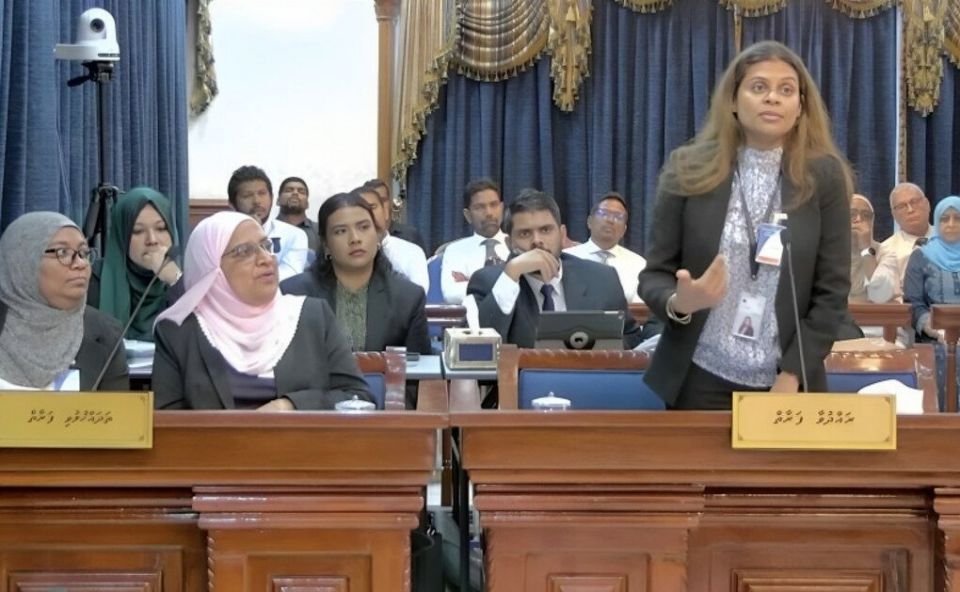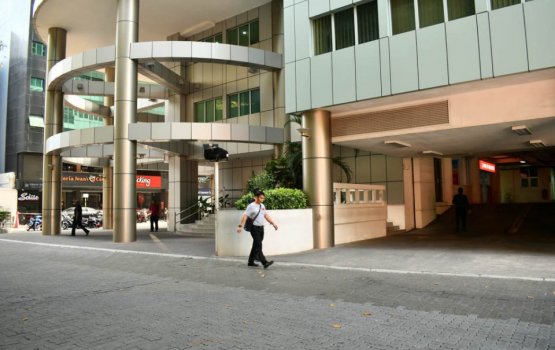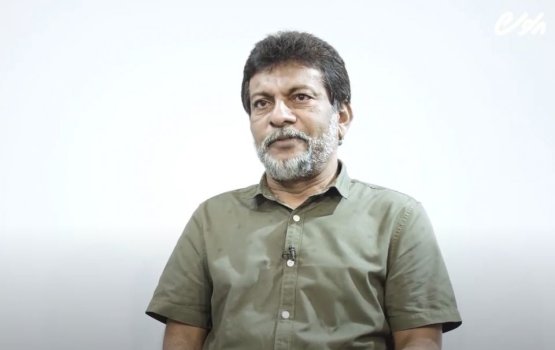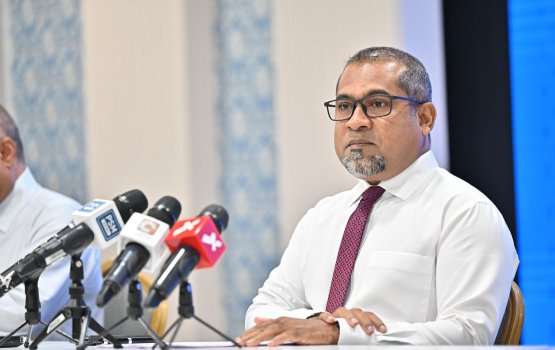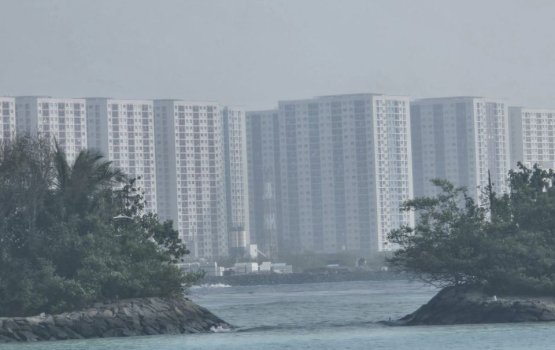Parliament Secretariate says the only way to allow an MP other than the Deputy Speaker of the Parliament to chair a session that debates a no-confidence resolution against the Speaker of the Parliament is by amending the Parliament Standing Order.
This comes as the Supreme Court begins its hearing in the case filed by MDP after the Parliament canceled a session scheduled for last Sunday with a no-confidence resolution against the Speaker on the agenda after the Deputy Speaker called in sick that day.
Parliament Standing Order dictates that only the Deputy Speaker can chair a session that debates the no-confidence motion/resolution against the Speaker of the Parliament.
Supreme Court Judge Husnu Sood sought clarification from the Parliament Secretariate on how other countries dealt with such situations as the Maldivian Parliament also allows the most experienced parliamentarians to chair sessions in case both the Speaker and Deputy Speaker are otherwise engaged.
In response, Counsel General of the Parliament Fathimath Filza said that just like in the Maldivian Constitution, legislative documents from other countries also do not specify that a certain individual must chair parliamentary sessions that might vote out the Speaker of the Parliament.
Filza said that there are reasons why the Parliament Standing Order states that only the Deputy Speaker of the Parliament can chair the session which could vote out the Speaker.
She said that voting out the Speaker of the Parliament would be one of the most vital legislative work any parliament faces and that the second highest-ranked parliamentarian must take charge of the session.
The Counsel General pointed out that in case the Speaker is unavailable, the Deputy Speaker of the Parliament takes on all the responsibilities of the Parliament. She further said that under Article 44 of the Parliament Standing Order, these responsibilities cannot be transferred to other members of the Parliament.
She indicated that the other MPs can chair the Parliamentary session under certain cases. Filza further said that the Parliament Secretariate does not believe a certain individual can chair a parliamentary session on a matter while the Standing Order clearly prevents it.
Judge Husnu Sood asked the Counsel General what can be done when the Parliament is stalled in the case where the Speaker and Deputy Speaker are unable to chair sessions.
Counsel General Filza responded by saying that while MDP had said that other legislative works cannot go forward while the Parliament is in its current predicament, this was not so and that the Parliament could move forward.
She said that the resolution to move to remove the speaker of the Parliament has not been submitted to the parliament yet and that in order to facilitate the submission the parliament's standing order must be amended.
Filza said that the Standing Order of the Parliament can be amended at a General Parliamentary session and that there are no obstacles to hold such a session.

